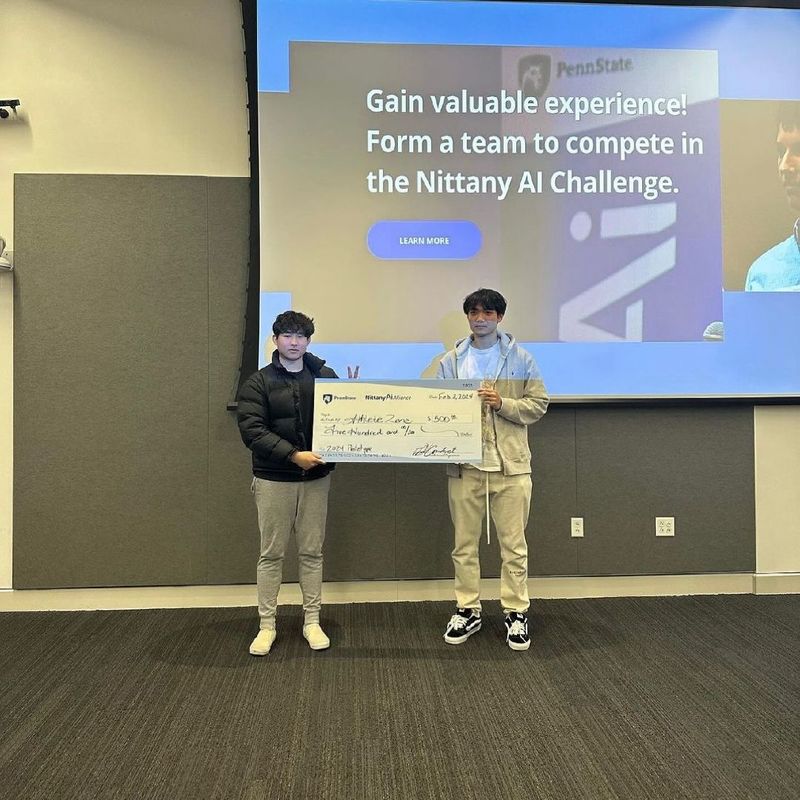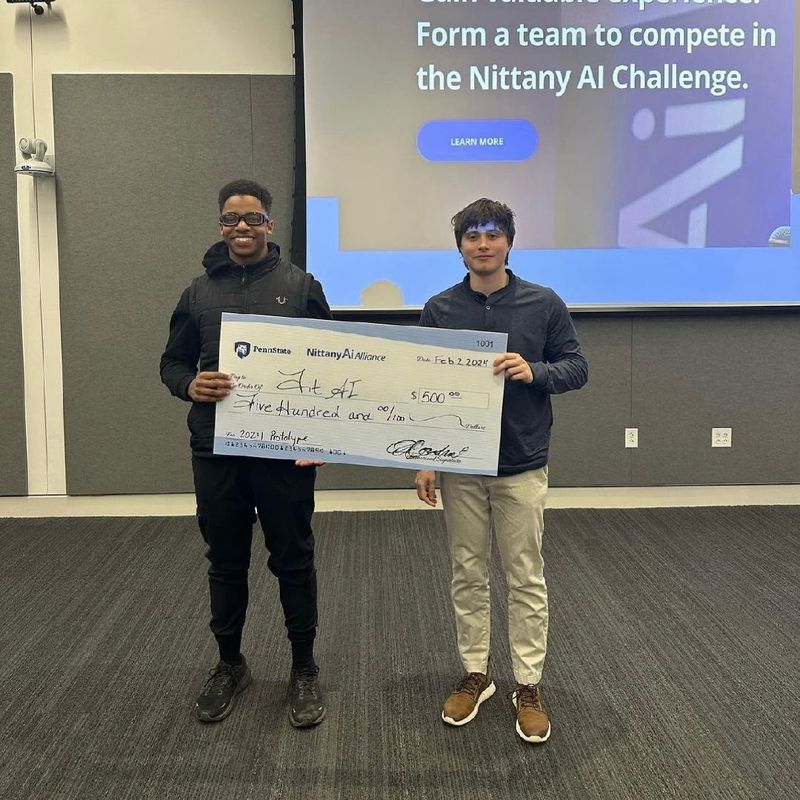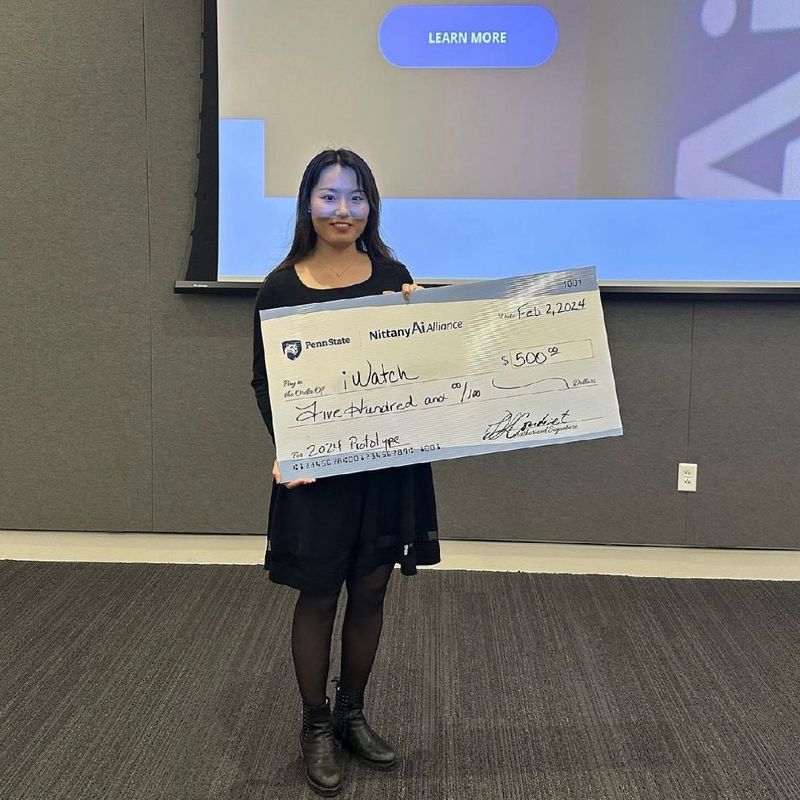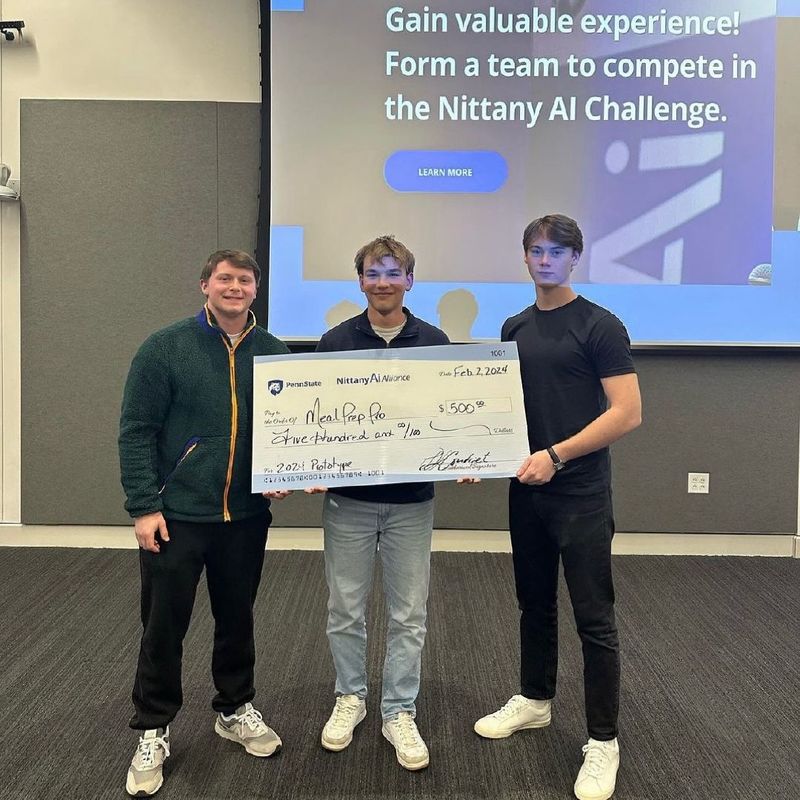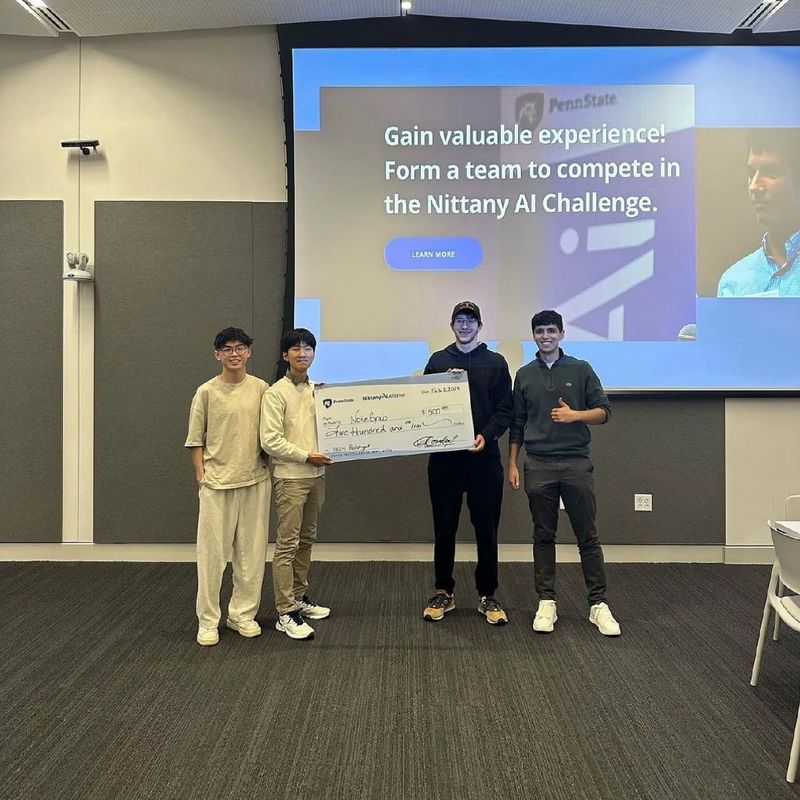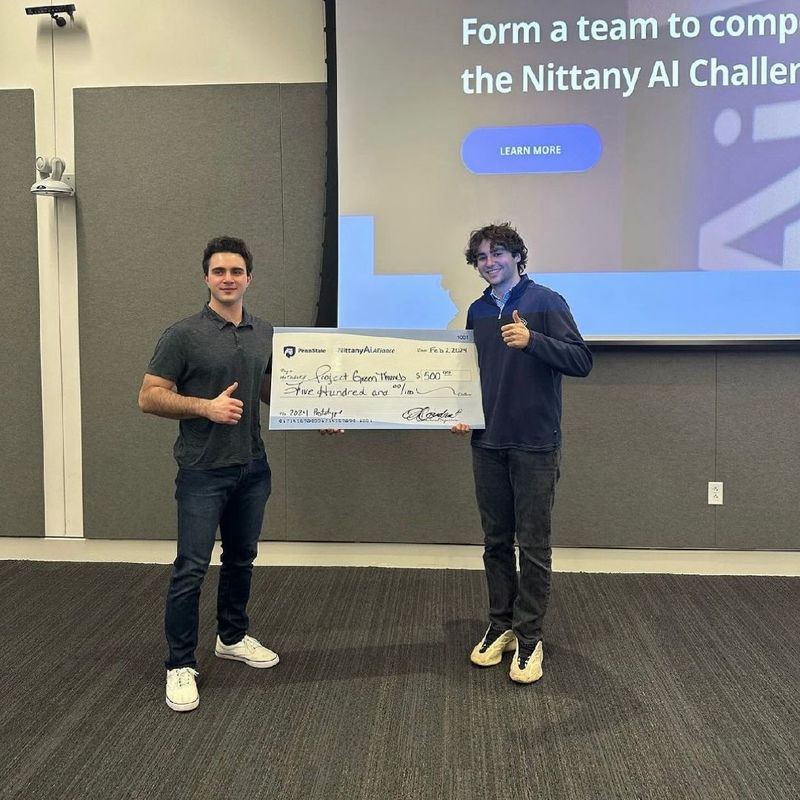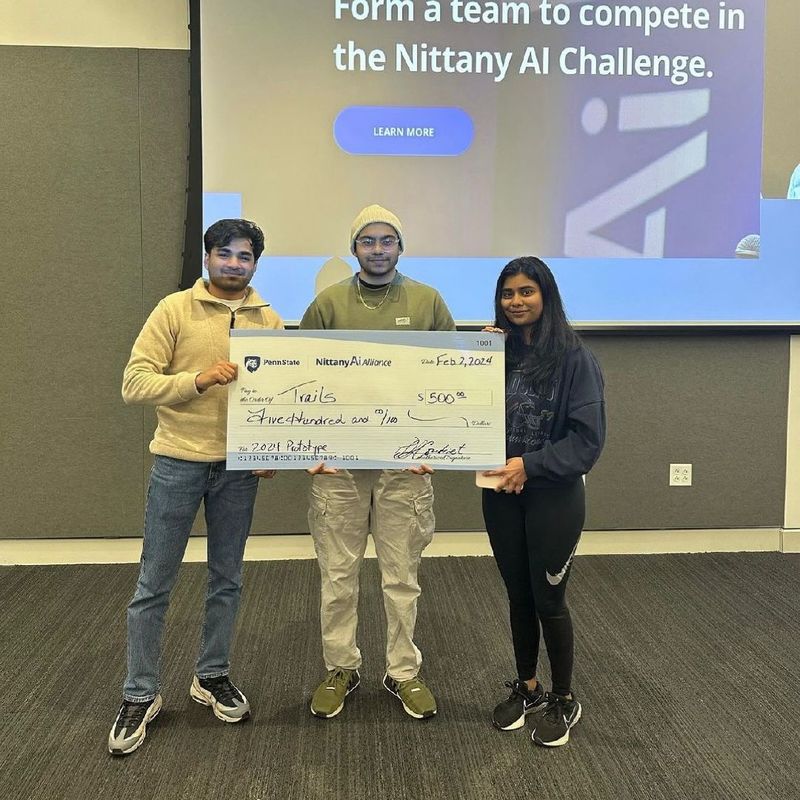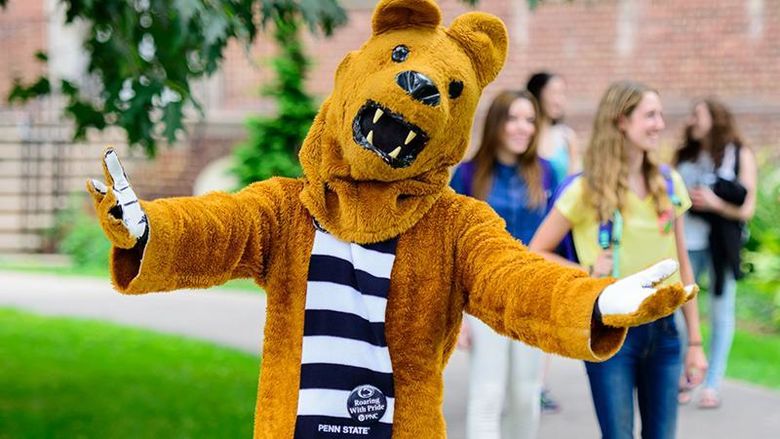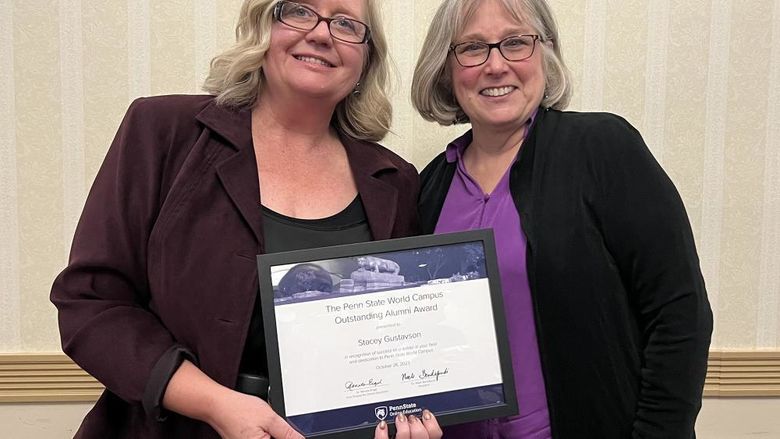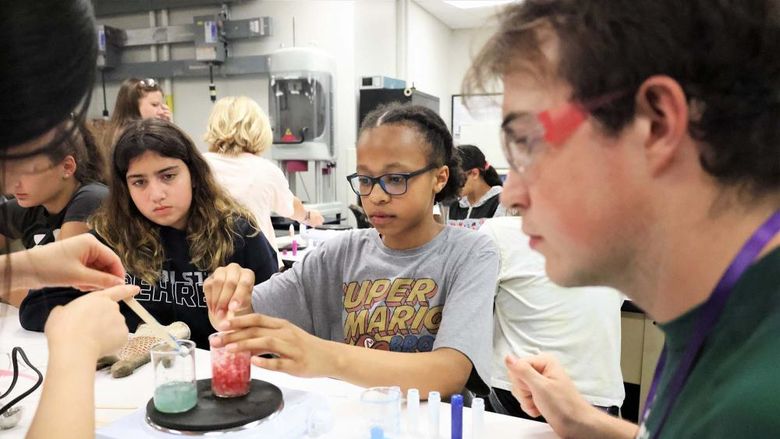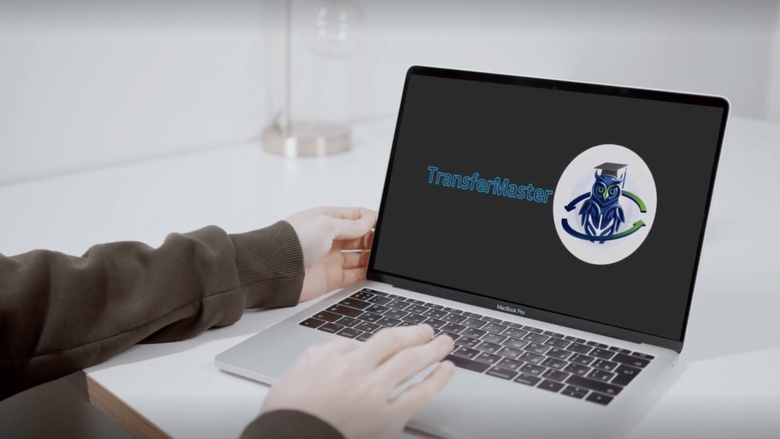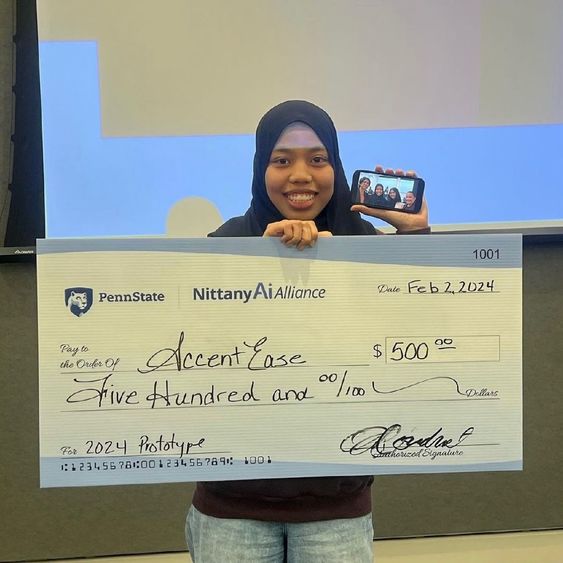
Team members for AccentEase, a tool to convert an audio file or a lecture video into an accent that users will better understand, are shown in-person and onscreen while recieving a $500 award for advancing to the next phase of the 2024 Nittany AI Challenge.
UNIVERSITY PARK, Pa. – Eleven Penn State student teams using artificial intelligence (AI) for good to solve real-world problems in the areas of health, environment, education and humanitarianism are in the final phase of 2024 Nittany AI Challenge.
The Nittany AI Challenge is an annual Nittany AI Alliance competition that provides Penn State students the opportunity to address pressing global issues and build prototypes and minimal viable products using AI and machine learning, while gaining hands on experience.
This year’s prototype phase winners were selected from a field of 37 teams, comprising 118 students.
Each of the top teams was awarded a prize of $500 to build upon their prototype to develop a minimum viable product (MVP) for the final phase of the competition. MVP submissions, due by noon on April 1, will receive a preliminary functional review by a small panel of judges. From this, 10 teams will be selected to enter a pitch contest. At the conclusion of the pitch contest, the top five teams will receive awards from a pool of $15,500 during a celebration later in the month.
Prototype winners include undergraduate and graduate students in the College of Engineering, the College of Information Sciences and Technology, the Bellisario College of Communications, the Eberly College of Science, Schreyer Honors College and the College of Agricultural Sciences and are from Penn State University Park, Penn State Behrend and Penn State World Campus.
The 2024 Nittany Challenge Prototype Phase winners are:
-
AccentEase: a tool to convert an audio file or a lecture video into an accent that users will better understand. Team members: Fiona Rubino, Suhani Nimje, Vishnu Peram and Sarah Shahrir.
-
AthleteZone: an AI solution to help those ready to start their fitness journey. Team Members: Yuan Chen, Andrew Ho, Peidong Liu and Jiabao Zhao.
-
CARL: an AI teaching assistant promoting student engagement with real-time questions and answers, assisting struggling students and generating review questions. Team Members: Timothy Birmingham, Sunghee Choi, Jared Daniel, Andrew Klawa, Neha Pandit and Owen Wienczkowski.
-
Fit AI-AthleanTech: a mobile app that informs students of nutritional choices at local establishments, acting as a guide to healthier dietary decisions. Team members: Craig Troop, Joseph Lock, Luke John Waszyn II, Tyree Clemons and Sam Gallagher.
-
iWatch-ACT: leverages AI to empower communities to accurately identify and report invasive insects such as the spotted lanternfly. Team members: Yanqiu Yang, Kittiphum Pawikhum and Kyle Ketterer.
-
Kinderverse: an AI solution to enhance the learning environment for children with a fun, yet meaningful experience. Team members: Suraj Kumar, Alexander Foor, Lucas Ligenza, Aneesh Singh and Daniel Woodford.
-
Meal Prep Pro: an app that calculates the dietary need of users to help fight obesity. Team members: Aidan Hinnenkamp, Benjamin Rathman and Cole Weisser.
-
NoteGrab: an AI powered personalized learning assistant. Team Members: Dohyoung Ko, Bryan Zhou, Quinn Butcher, Bharavi Misra, Lam Pham and Viswa Rathnakumar.
-
Project Green Thumb: an app that addresses the critical need for ecological restoration in residential landscapes by prioritizing native plants. Team Members: Mark Ranieli and Nathan Leo.
-
Trails: a platform that unites students and alumni, addressing the overwhelming nature of university resources, and providing a friendly space to seek guidance and share experiences. Team Members: Devanshi Mittal, Jayesh Agarwala and Likhith Borela.
-
Yuva: a platform where local businesses can run their client-facing business functions. Team members: Abdumannon Yovkochov, Chinmay Vibhute, Dax Patel, Neel Sakhrani and Tejaswi Vemulapati.
Daren Coudriet, executive director of innovation and the Nittany AI Alliance for Penn State Outreach, called this year’s prototype entries exceptional.
“The students provided a wide array of innovative solutions in the areas of agriculture, education and sustainability, among others,” Coudriet said. “We have many great teams that epitomize the power of collaboration, creativity, and determination in harnessing the potential of AI to address real-world challenges. At the end of the day, it isn't only about the technology, it is about what the students can accomplish when they work together as a team.”
The Nittany AI Alliance teams with industry partners to create meaningful student engagement opportunities focused on new artificial intelligence solutions, services, and outreach projects. Information about how to get involved can be found here.
The Nittany AI Alliance is a service of Penn State Outreach.
